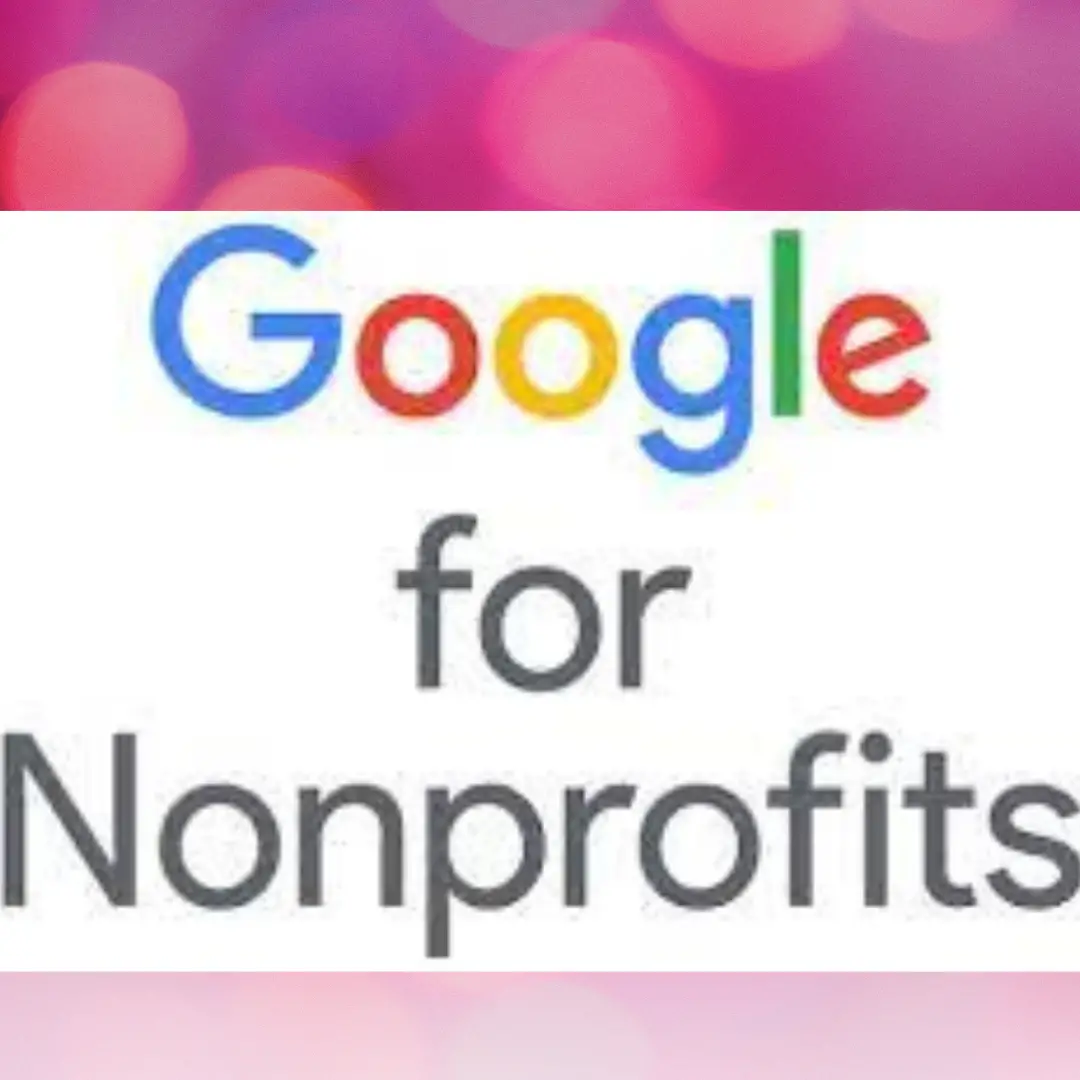Wondering how to manage grants for Nonprofit? In this post, you’ll learn the essential elements of effective grant management for nonprofits.
Funders want and need to know that the grants they award will be used for what they were intended, that they will make a lasting difference, and that they will meet all of their standards. In order to report back to the funder and maintain their own financial records in order, nonprofits must successfully track how they’ve used the funds.

Even though applying for and obtaining a grant are obviously significant jobs in and of themselves, you can’t afford to overlook the necessary administration, reporting, and compliance steps that follow. Consider it similar to the due diligence required when applying for a grant.
Nonprofit executives’ major leadership duty is grant management. Most employees are also involved in grant management, as grant funding accounts for a significant amount of most NGOs’ total revenue.
Many nonprofit leaders are enthusiastic about the work they perform, but they may be unsure how to manage funds and inspire their workers to participate in the grant cycle.
Grants have a variety of criteria linked to them.
- Unconditional Grants. These grants provide immediate funding that may be accounted for at the moment of award. Although you must spend the grant for the precise activities described in your request, there are only a few financial reporting obligations. You can record the funding as soon as you know you’ve won the grant in the event of unconditional grant management. That is, you will record it as soon as you receive the award letter, or (if no award letter is sent) as soon as you receive the grant itself.
- Contingent Grants. Grants with contingencies usually provide funding in installments as long as your nonprofit meets the funder’s specific terms and benchmarks. Incoming grant funds must be meticulously recorded and tracked in installments rather than as a single lump sum.
- Reimbursable Grants. After you’ve incurred and reported the program’s costs, you can apply for these funds. Keep meticulous records of all programme costs, then tell the funder when you’ve reached the grant’s financing limit, at which point you’ll receive and record the cash. Government subsidies, for example, are frequently reimbursable and demand audits of your programme spending. Understanding these standards in advance will assist your team in better preparing to manage the grant and execute the programme in the future.
What is the significance of grant management?
For a variety of reasons, effectively managing your funding, meeting funder requirements, and reporting on your progress is critical:
- It ensures that your internal accounting and tracking operations work properly.
- It ensures that the monies allocated to your organization are really kept and used.
- It aids in the development of a track record, which is extremely beneficial when applying for future grants.
- Over time, it creates better relationships with funders.
What are the dangers of poor grant management?
On the opposite side of grant management’s benefits, neglecting to effectively track and report on your allocated funding can result in major hazards, such as:
- Extensive and difficult financial audits
- Funding that was previously provided is no longer available.
- Being forced to repay funds or pay for previously spent associated expenses without being reimbursed
- Negative publicity for your organization among funders and stakeholders.
- Future funding applications will be more difficult to come by.
What are the tools you’ll need to manage grants for nonprofit?
Your nonprofit will require a number of tools to efficiently manage funding. Accounting software, project management and/or time tracking tools, a central database or CRM, and well-defined procedures for remaining organize and delegating duties are all suggested, as are well-defined methods for staying organized and assigning jobs.
While it is feasible to manage grants with only the bare minimum of resources and rely on basic spreadsheets, specialist software is your best chance. It streamlines the process of executing and reporting on your grant, and the easy access to historical data it provides paves the way for future grant applications and management.
In grant management, who should be involved?
A number of critical members of your nonprofit’s team will be involved in the grant administration process, including staff from the following departments:
- Management Personnel
- Fundraising group
- Project management and programming
- Accounting and finance
- Evaluation and enhancement of quality
- Human capital
How to Manage Grants for Nonprofit Best Practices
How to handle grants becomes more focused on your tracking efforts once you’ve started the grant application process. Consider the following guidelines for keeping track of grants:
- Get your grants in order.
Several grant awards are being made to charitable organizations at the same time. Ascertain that your grant tracking procedures allow you to maintain each award separate throughout the grant cycle. You’ll want to make sure you know what each grant is for, where you are in the grant cycle, and what requirements each one has.
Many grants in the application or pre-application process, multiple applications pending award, and additional grant wins in various phases of execution might cause confusion. Make a strategy for keeping things in order.
A robust grant monitoring calendar could be a good place to start when it comes to keeping everything in order. This calendar can be used to keep track of grant deadlines, reporting obligations, and grant activities.
A shared calendar is a terrific tool to utilize throughout your nonprofit to keep everyone up to date on what’s coming up and when grant reports are due.
- Assign responsibilities
Understanding your organization’s personnel capacity can help you manage funding in a more streamlined and efficient manner. Spend time defining each person’s position in connection to grant activities and reporting requirements. There will be no doubt as to who is responsible for which task.
- Keep tabs on your spending
Almost all grant awards will include instructions on how to keep track of your grant spending. Some grants will refund you, while others will allocate funds for you to spend with cash on hand ahead of time.
Most people will demand to see confirmation of where and how the monies were eventually spent, regardless of the financial distribution. To avoid having to chase down receipts or proof of purchase at the time of a report due date, use a consistent and unambiguous methodology for documenting each spending within your grant. Grant tracking is a critical component of the grant administration process. It is not only customary for you to keep track of the grant money you get, but it is also a part of your economic duty. Furthermore, keeping track of your grant funds will aid in the management of your financial project.
When it comes to tracking grants, the first thing you’ll need to do is create a budget. You’ll be able to compare the predicted and actual flow of grant monies as you use them this way. This is the start of the crucial grant documentation you’ll need to keep track of. Maintaining accurate and complete records can assist you in reporting to your funder and analyzing your grant funding utilization to determine how much is remaining and where the funds have gone.
It’s vital to keep track of your grant’s progress to demonstrate to your funders that your organization is financially responsible and takes the grant management process seriously.
- Document your accomplishments.
Grantmakers work in the charity industry because they believe in the job that their grantees are doing. They want to see how successful you are. Your stakeholders want to feel like they’re a part of something big.
Keep evidence such as newspaper clippings, photographs, agendas, and other interesting and sharing objectst hat demonstrate your efforts and activities to that purpose. Managing many grant applications at the same time can be exhausting. Make a point of pausing to congratulate yourself on your achievements.
Grant Management Reporting Best Practices
Knowing how to administer grants also entails being able to track progress. Here are a few best practices to follow to get a head start on handling reporting:
- Streamline grant tracking and reporting with grant management software.
You can better track your grants over their full lifecycle by using grant management software. When you save a grant to your Tracker, you can assign tasks to yourself and your teammates to ensure that your organization’s normal operating procedures are followed until the grant is submitted.
You won’t have to spend hours updating a spreadsheet or generating an unique report with grant management software. Those hours can then be put into pursuing new possibilities and obtaining additional money.
For long-term grant success, invest in the right tools.
Consider the following tools:
- A grant management software . This should be the key store for all incoming data for your nonprofit. If your CRM is compatible with your contribution and event software, it will also provide you with an accurate picture of program-related engagement, which you may need to report to the funder.
- Software for accounting. Grant funding records and grant-related spending reporting can quickly become complicated. If your nonprofit hasn’t already, consider investing in professional-grade accounting software or services to stay compliant with grant requirements and streamline the reporting process.
- Software for project management and/or time tracking. You may need to meticulously organize your team’s work and manage time spent on grant-related tasks, depending on the breadth of your funded initiative. This software helps you manage your internal staff allocation and keeps track of the time you spend on grant programming.
- Make a report schedule
A schedule of necessary reporting will be included in most grant agreements. If there isn’t one already in place, build one yourself and plan to communicate reports with your Grantmaker nonetheless. Place these on your shared calendar and allow yourself enough time to complete the reports before the deadlines.
- Distribute to stakeholders
Communication and transparency with your stakeholders is one of the most important aspects of reporting that is often overlooked in grant agreements. It’s a good idea to plan regular meetings with your stakeholders to update them on your funding-related initiatives.
In Conclusion
How to manage grants for Nonproft is a key activity you must do once your organization is awarded grants for project implementation. Effective grant managment boosts your reputation, accountability and reveals how transparent your nonprofit is.




